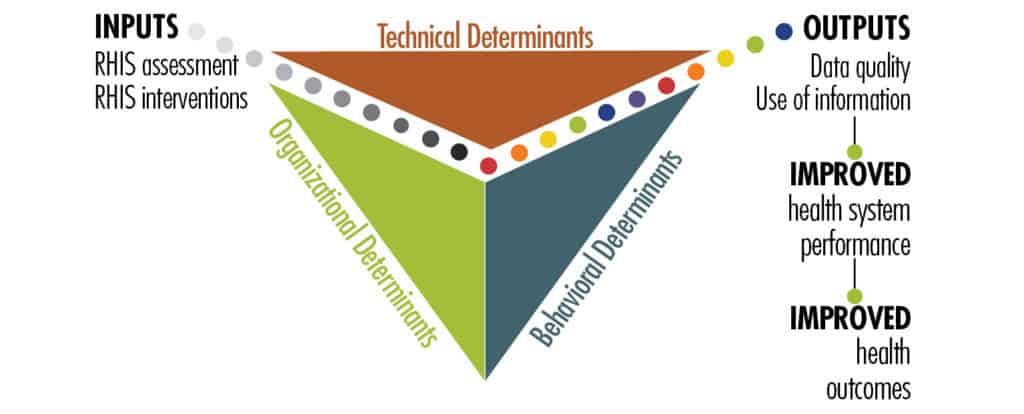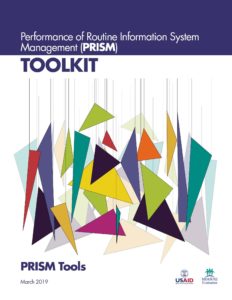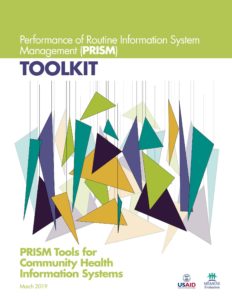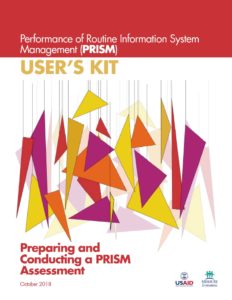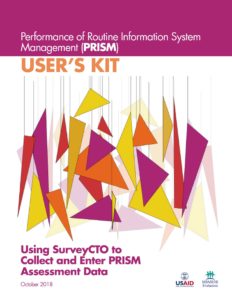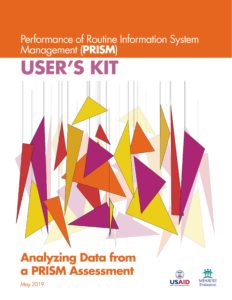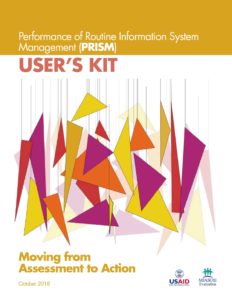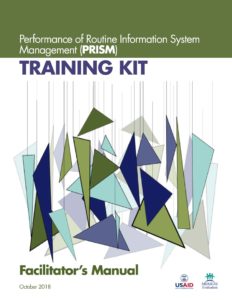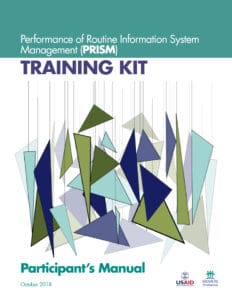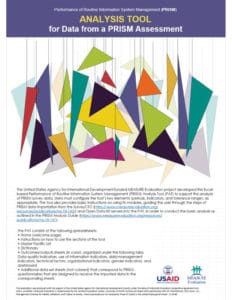Using data to make evidence-informed decisions is still weak in most low- and middle-income countries. Especially neglected are data produced by routine health information systems (RHIS)—the data collected at public, private, and community-level health facilities and institutions. When routine data are lacking, or are not used, the results can be lower-quality services, weak infection prevention and control responses, lack of skilled health workers available where they are needed, and weak supply chains for drugs and equipment. These factors contribute to poor health outcomes for people.
Through MEASURE Evaluation, funded by the United States Agency for International Development (USAID), JSI has provided technical and financial assistance to strengthen RHIS for more than 15 years, contributing to best practices at the global level and to the strengthening of RHIS data collection, quality, analysis, and use at the country level.
MEASURE Evaluation developed the Performance of Routine Information System Management (PRISM) framework and suite of tools in 2011 for global use in assessing the reliability and timeliness of a RHIS, in making evidence-based decisions, and in identifying gaps in a RHIS so they can be addressed and the system can be improved. The framework acknowledges the broader context in which RHIS operates. It also emphasizes the strengthening of RHIS performance through a system-based approach that sustains improvements in data quality and use. PRISM broadens the analysis of RHIS performance to cover three categories of determinants that affect performance:
- Behavioral determinants: The knowledge, skills, attitudes, values, and motivation of the people who collect, analyze, and use health data
- Technical determinants: The RHIS design, data collection forms, processes, systems, and methods
- Organizational determinants: Information culture, structure, resources, roles, and responsibilities of key contributors at each level of the health system

